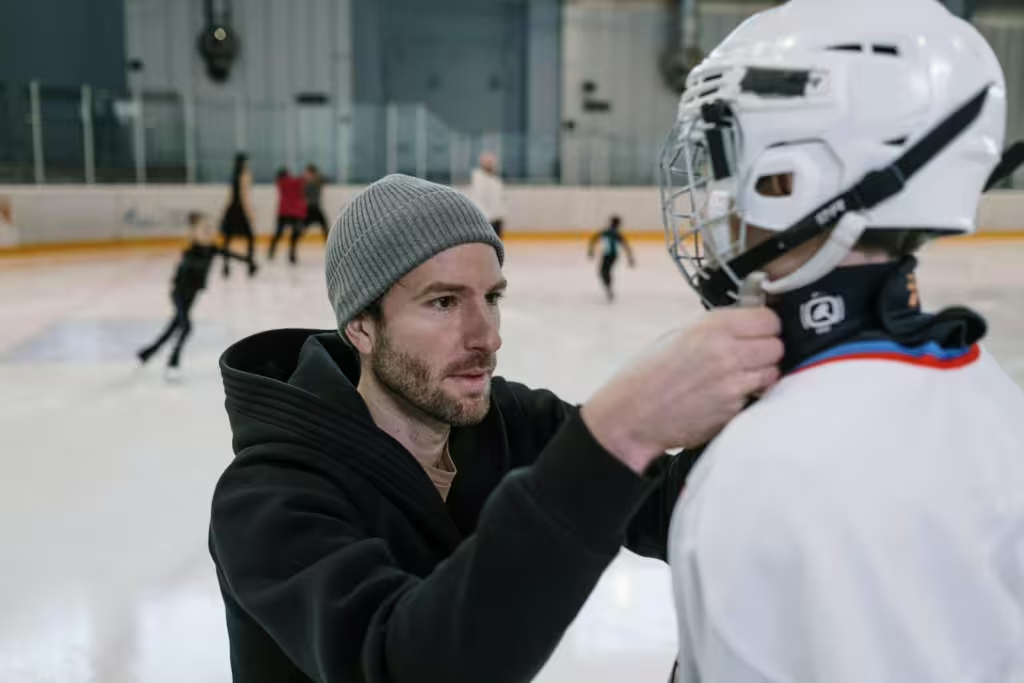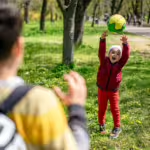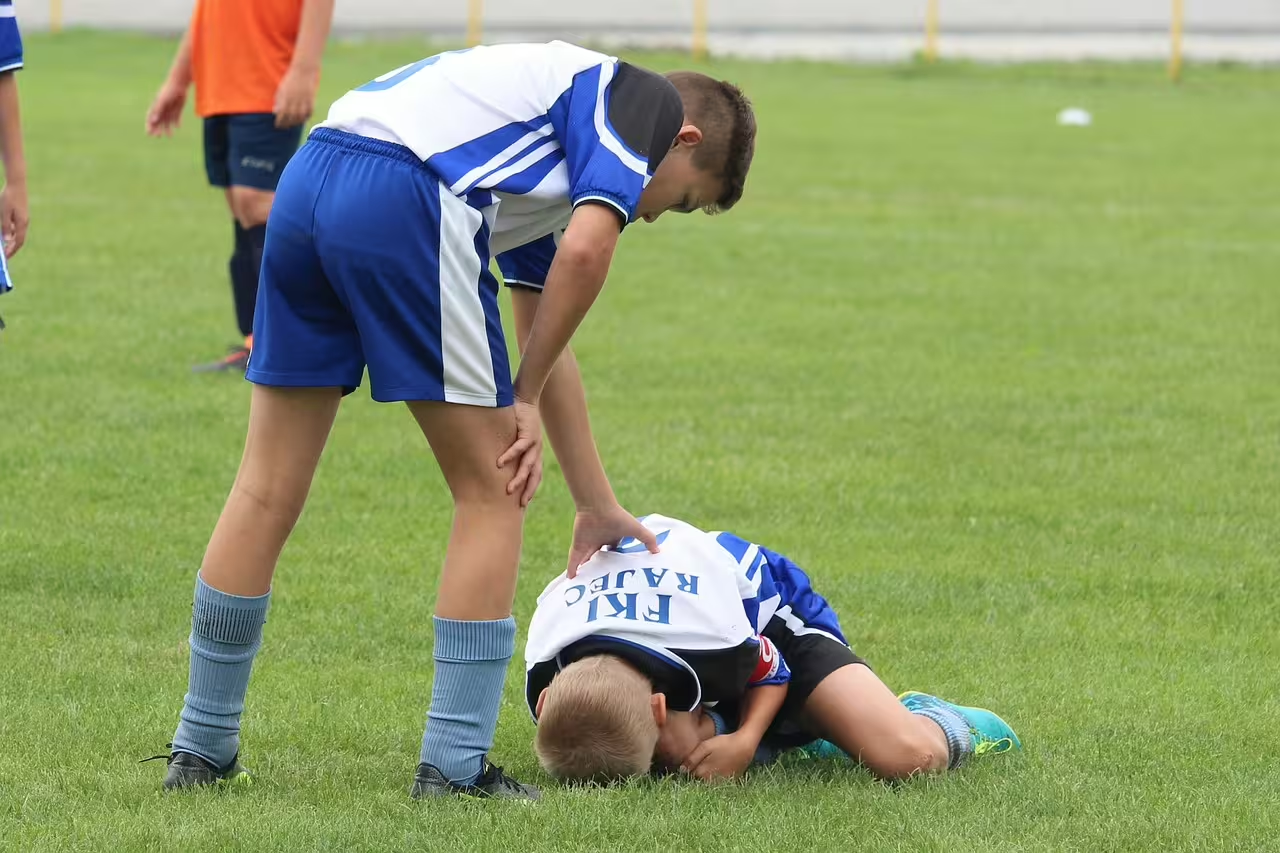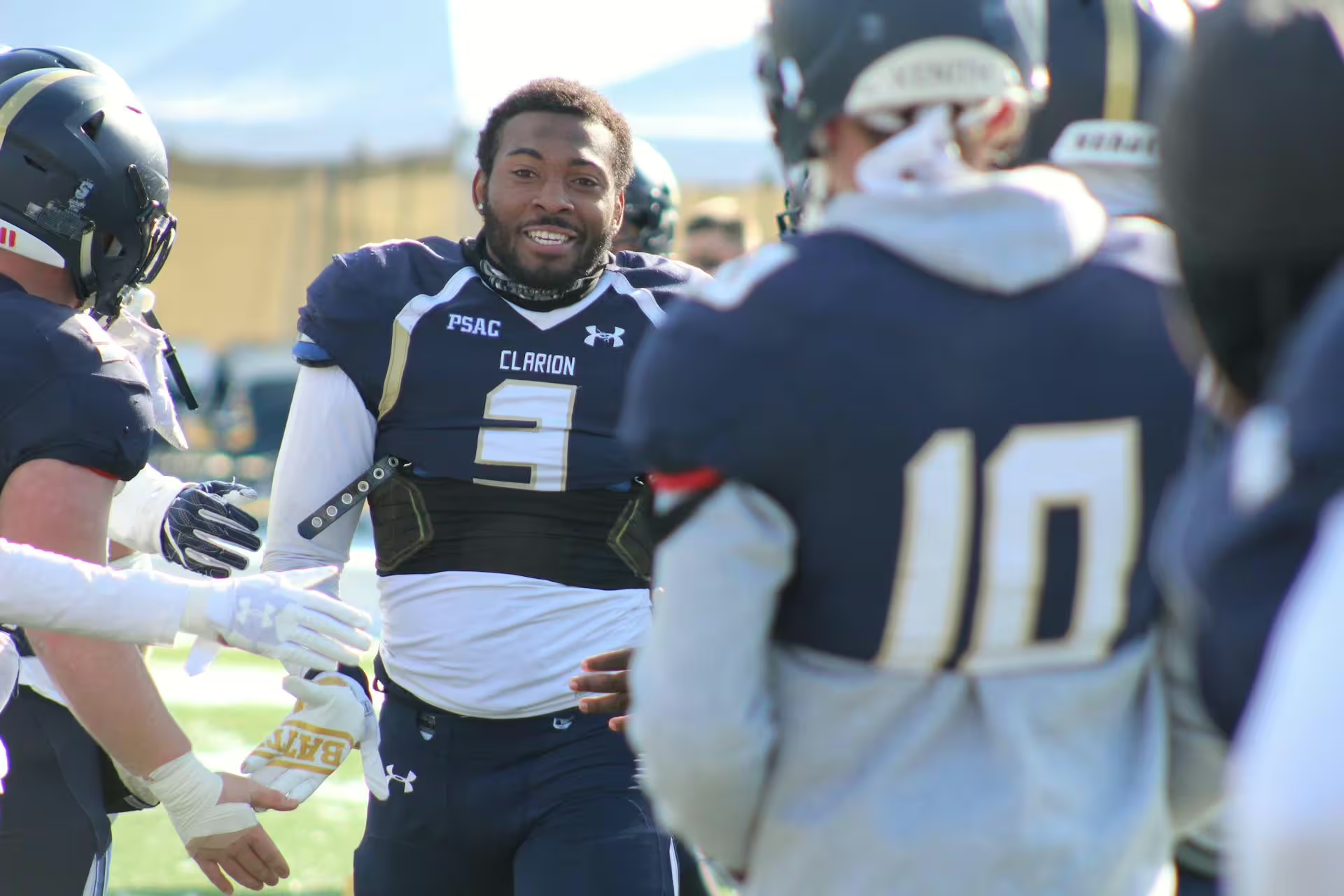If your child has already shown passion or aptitude for sports of any kind, you might already be considering additional options to help them improve. Your child might have even shown interest in moving to a higher competitive level of their chosen sport, but might lack some of the skills needed to participate at that level. If either of these things are true, then it might be time to consider private training in order to help them develop their skills, boost their confidence levels, and ultimately help them excel in their chosen game.
Why would a parent consider choosing private youth sports training? For one, this type of training offers kids a focused and personalized approach, one that often complements team practices. Additionally, private training ensures that your child is going to get the attention they need to improve. That said, finding the services of a private trainer or organization is likely to be a big investment, not only from a monetary standpoint, but timewise as well. For those two reasons and more, it is imperative that parents choose the right option for their young athlete. But with so many options available, how do you choose the right one?
In this article, we will instruct parents on how to choose the right private youth sports training program for their child. We will talk about what parents need to look for, how these programs differ, and how to pick a program that aligns with a budding athlete’s personal needs, goals, and interests.
Understand Your Child’s Needs
Before diving heedlessly into the search for a private sports tutor, it’s important that parents take some time to evaluate what their child needs from private training. Parents should consider the following:
Skill Level: First and foremost, you will need to assess your child’s skill level. Are they a beginner, intermediate, or advanced player? Bear in mind that most private training programs can be tailored to all skill levels, though understanding where your child currently stands can help you narrow your search. Knowing more about your child’s current ability or skill level will ensure that their new private coach can build an appropriate plan for their development.
Goals: What exactly is your child looking to achieve in their sports career? What are their sports goals? Is your child aiming to make a school team or compete at an elite level of play? Perhaps their ideal situation is simpler than that, perhaps all they want to do is improve their basic skills. Whatever their aspirations, having clear goals will not only help you find the right trainer, it will also keep your child motivated throughout the entire process.
Sport Preferences: If your child happens to be involved in multiple sports, it is best for you to discuss with them which sport they might prefer to give extra effort to. You need to determine together which one they’re most passionate about, or else, which they might need extra support in. Remember, prioritizing your child’s interests will ensure they remain engaged and committed to the training.
Learning Style: Not every child responds to every learning style. For instance, your child might learn better with hands-on instruction, while another might respond better to visual aids, or even repetitive practice sessions. Thus, it falls on parents to take not of how their child learns best before finding the right private trainer. After all, not all trainers train the same, and you may want to seek out one who can adapt their teaching style to meet your child’s needs.
This might all seem like a little too much preparation, but remember that you and your child are making an investment here. Having a clear picture of these factors will ultimately ensure that you find the proper training for your kid’s specific needs.
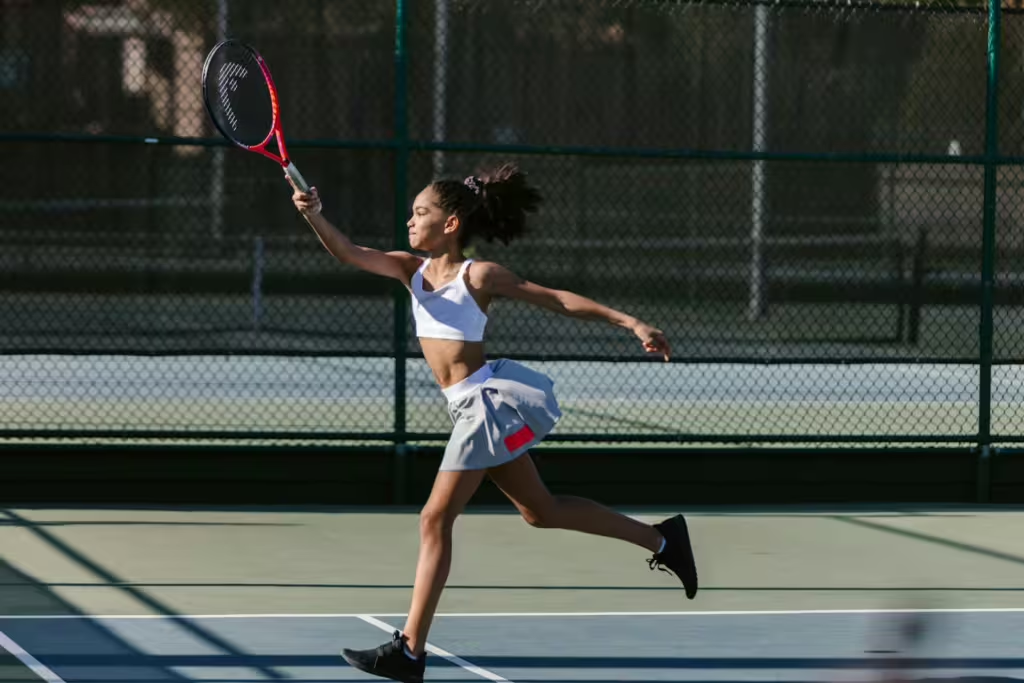
Research Different Types of Private Training
Private sports training is never one-size-fits-all. This type of training comes in various forms and parents need to understand the nuances between each option of they want to choose the best fit for their kid:
One-on-One Coaching
- Advantages: These options tend to be more expensive, but they offer young athletes fully personalized attention, focused skill development, and faster progress than other options on the list. With one-on-one coaching, a trainer can more easily design a program that specifically targets your child’s particular strengths and weaknesses.
- Best For: This program works best for kids that need targeted improvement, but it’s also great for kids who have trouble with the team dynamic during practice and need a bit more individual attention. Note that this approach is particularly beneficial when used to address specific skill gaps or to prepare young athletes for a high-stakes competition.
Small Group Training
- Advantages: These types of training are understandably more affordable than one-on-one programs. Such programs foster teamwork and offers peer support for kids that need the leg-up. Also, training with a small group can motive kids to perform in a more competitive way, because it pushes kids to want to be a bit better than their peers. They might even work harder as a result.
- Best For: Social kids will enjoy this type of multi-child environment, but they will obviously still benefit from getting some degree of personalized attention. This type of small group training is an excellent option for kids who learn better in a collaborative setting or who benefit from observing the performance of their peers.
Specialized Clinics and Camps
- Advantages: There are a number of specialized camps and sports clinics out there that provide intensive training for young athletes over a short period of time. These programs often includes expert coaches who tend to focus on specific aspects of the game. Examples of these specific skills could be pitching mechanics in baseball or dribbling techniques in basketball and/or soccer.
- Best For: Children who are looking to master a specific skill or prepare for the rigors of a particularly competitive upcoming season may benefit from such training. Camps are excellent because they also expose children to a variety of coaching styles at once, broadening their perspective and granting new learning opportunities across the full duration of the program.
Online Training Platforms
- Advantages: These programs tend to be better for those who are unable to travel to private training. Online platforms offer flexible scheduling, access to top-tier coaches remotely, and tend to be more affordable than in-person options. That said, not every child learns well in a remote setting; as Covid has taught us. Nevertheless, modern advancements in technology have enabled many online platforms to provide high-quality instruction through video analysis and virtual lessons.
- Best For: Families with tight schedules or those in remote locations often have limited in-person options available to them. Those situations are where online training shines. It’s important to remember that this approach can even be used to supplement in-person training as well.
Understanding the pros and cons of the options above will help you to choose a format that aligns with your own financial needs and the needs of your young athlete.
Look for Qualified Trainers
The quality of a sports trainer can make or break a child’s experience. Here’s what parents should look out for:
Credentials and Experience
- Seek out trainers with certifications such as National Strength and Conditioning Association (NSCA) or sport-specific qualifications. You may have not heard about these credentials, but trust us, such accreditation indicates a solid foundation in coaching and athlete development.
- Ask about a programs’ trainers’ experience. Have they worked with kids in your child’s age group and skill level? The trainers that have experience in youth sports tend to better understand the physical and emotional needs of the young athletes in their charge.
Communication Skills
- Remember that the best coaches are able to break down complex skills into easy-to-understand steps for kids to follow. This ability to communicate effectively is vital to good coaching and it ensures that your child will more easily grasp any new concepts they might get introduced to during training. Better communication breeds better skill adoption, which better confidence in a child’s own abilities.
- Trainers and coaches should be approachable, encouraging, and patient; for you and your child. The most supportive trainers foster a positive environment for their young athlete, a place where your child can feel comfortable about taking risks and learning from their mistakes.
Track Record
- Don’t be afraid to pry a bit about the trainer’s history. Pick their brain about their experiences and ask other parents about them. Perhaps they have some success stories or testimonials to share. Positive feedback from other families can provide valuable insights into the trainer’s effectiveness as a teacher and their reliability, mannerisms, and eccentricities.
- If possible, sit in on a practice session so that you can observe the trainer’s coaching style in action. Watching them interact with other kids will give you and your child a sense of their teaching methods and overall demeanor.
Use Local and Online Resources
So, how do you find a private training center or practice near you? Like any other undertaking, it starts by plumbing the most common resources available. Simplify your search by using these methods:
Recommendations
- Ask other parents, your child’s team or school coaches, or teachers for referrals. Get involved with your your local sports community and make friends with folks. The veterans and longtime supporters often have valuable insights and connections you can leverage.
- Many families in youth sports networks have insights into the best trainers in a given area, but be mindful about opinions and feelings versus evidence. While it is true that leaning on their experiences can help you avoid trial and error, doing so heedlessly without your own insight and research can prove to be detrimental.
Sports Clubs and Schools
- Remember that many local sports clubs will have lists of recommended trainers or in-house coaches that you can look into. These local trainers are usually familiar with the community, so not only do they understand the needs of local athletes, they have a local reputation they want to maintain.
- If you keep coming up empty, ask your child’s school coach. They might have friends who coach on the side or else can provide some measure of guidance or referrals. Note that some coaches will even network with private trainers, allowing them to more accurately recommend someone who aligns with your child’s goals.
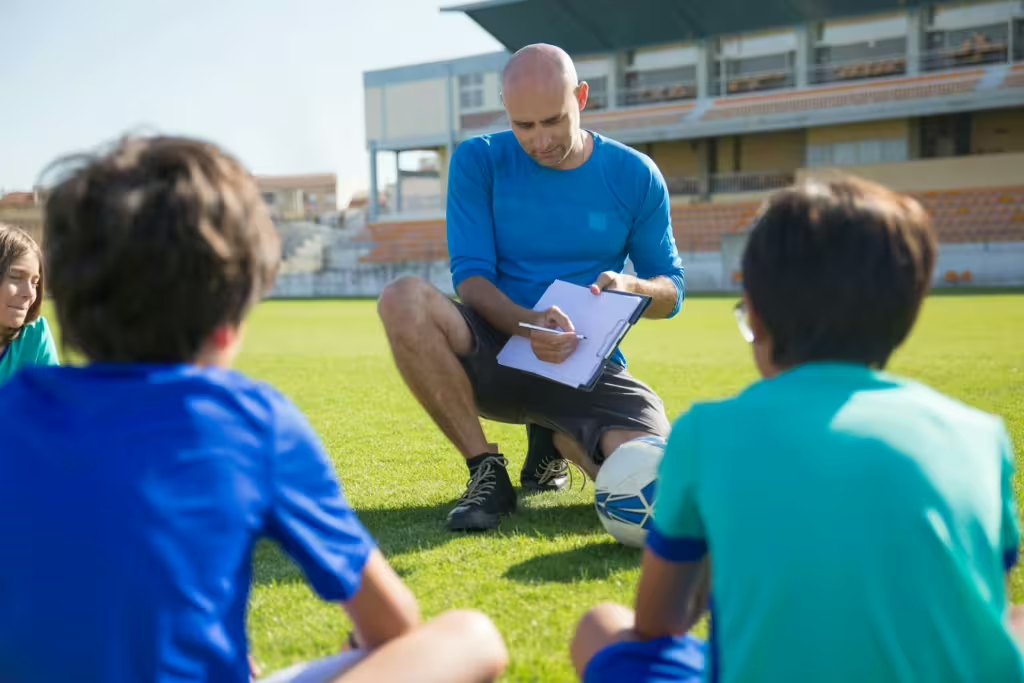
Online Directories
- Websites like CoachUp, PlayYourCourt, or i9 Sports are all excellent online resources for parents. These websites offer searchable databases of private coaches and results can be filtered based on location, sport, and experience.
- Remember to read reviews and ratings on these websites, as well as any you find on local Facebook groups for youth sports in your area. These testimonials will give you a sense of each trainer’s reputation and effectiveness.
Consider Logistics and Costs
Folks who say that “cost doesn’t matter,” haven’t seen what some of these private training organizations charge. No matter how you turn and twist, this type of private training is an investment of time and money on your part, as well as your child, so you should consider these factors before deciding:
Location
- Location is going to be more important than you realize, especially if you live in an area that requires a car. Try and choose a trainer or facility that’s convenient for your family’s schedule and that is close enough to home to not be an issue. Bear in mind that proximity reduces both travel time and stress, which will make it far easier for you and your child to maintain a consistent training routine.
Frequency
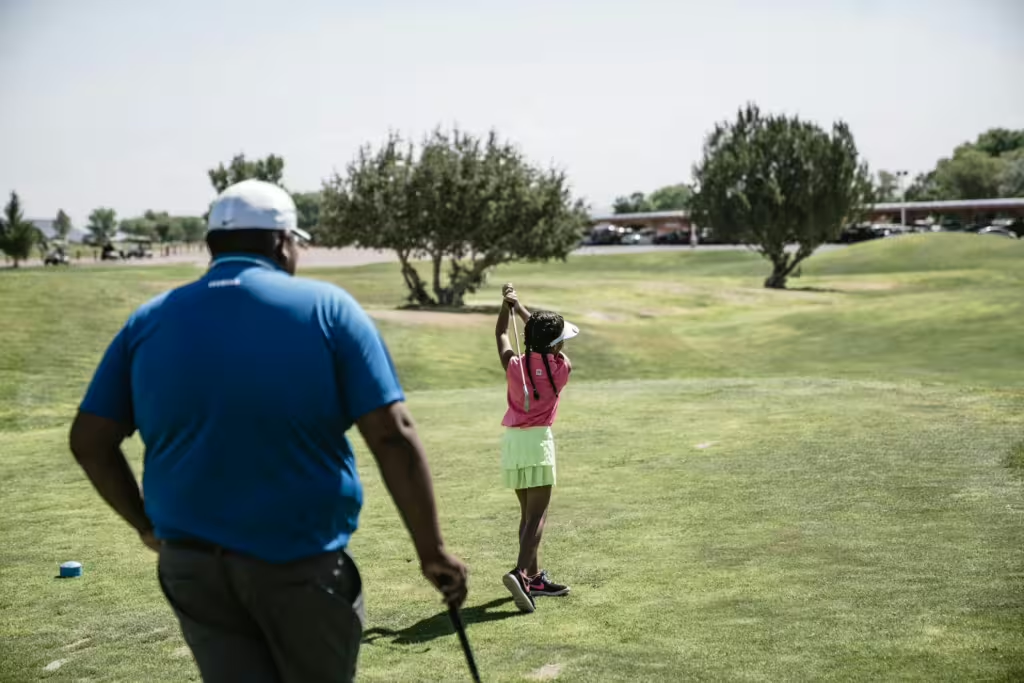
- Determine how often your child will need their training sessions. It’s important to balance the needs of private training with other commitments like school, the sport itself, and family time. Having too many sessions on top of a child’s other claim to their attention can lead to burnout, while too few may hinder progress and be mostly useless in the long run. The trick is to find that balance that works for you and your child.
Budget
- Inform yourself before you shop by comparing rates and packages of competing training organizations. Note that some trainers even offer discounts for multiple sessions or group training, so be sure to ask about that. Make sure you have the trainer or administrator clarify what’s included in the pricing, such as equipment or facility fees, before signing on the dotted line.
- Remember, the most expensive option isn’t always the best one for your child. When purchasing a service like this one, your best bet as a parent is to focus on value over cost. A trainer who connects well with your child and delivers the results you’re both looking for, will ultimately be worth the investment.
Cultured Athlete Says…
As you can see, finding the right private youth sports training is far easier than you might have guessed, especially if take the time to do it right. The process takes time and effort, but the rewards your young athlete will one day reap are more than worth it. With the right coach and the proper individualized approach, your child can improve their skillset, build self-confidence, and achieve their sports goals!
Discover more from CulturedAthlete
Subscribe to get the latest posts sent to your email.

